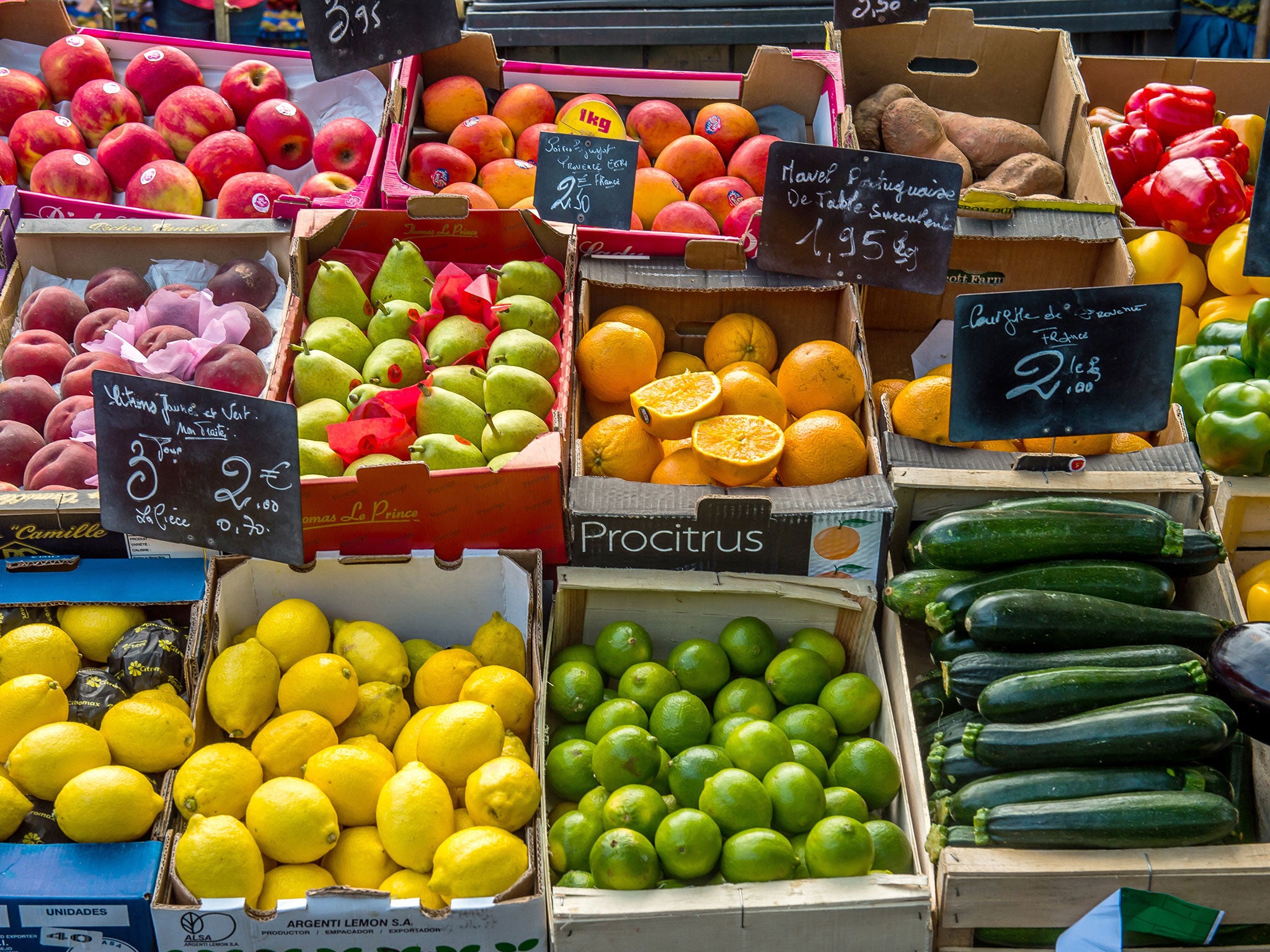Plant-based diets and sustainable farming required to halt 'unprecedented' losses to natural world, report finds
The 20 targets include lowering the rates of habitat loss, preventing extinction and increasing spending for nature, writes Rory Sullivan


The United Nations has issued a report warning about the “unprecedented” losses being inflicted on the natural world, ahead of negotiations next year to set new global biodiversity targets.
The UN Global Biodiversity Outlook report, published by the UN Convention on Biological Diversity (CBD) on Tuesday, finds that the world will fail to fully meet all of the decade-long goals it set itself in 2010 to protect nature.
The 20 targets, which were supposed to be completed by 2020, include lowering the rates of habitat loss, preventing extinction and increasing spending for nature.
Of the 60 elements that make up the 20 “Aichi Biodiversity Targets", only seven have been realised, while 13 areas have either not improved or have worsened over the last decade, according to the report.
The deterioration of wetlands and the continued use of unsustainable fishing practices are among these 13 elements.
However, the UN points to some success stories over the past 10 years, including conversation work that has helped save species such as New Zealand’s black stilt, the Javan rhinoceros and North America’s black-footed ferret from extinction.
The latest UN report also lays out a vision for how the world could slow down the destruction of nature and ultimately reverse it in the years ahead, emphasising that there will need to be “transformative changes” to areas such as the food system.
As part of the required changes, the UN said people should take up more sustainable diets, which means eating mostly plant-based products, and farming practices should be come more sustainable.
Another of its suggestions is for greater efforts to be made towards protecting and restoring forests and wild areas in a bid to combat climate change.
Speaking about the report’s findings, Elizabeth Maruma Mrema, executive director of the CBD, said: "Many good things are happening around the world and these should be celebrated and encouraged.
"Nevertheless, the rate of biodiversity loss is unprecedented in human history and pressures are intensifying. Earth's living systems as a whole are being compromised.
"And the more humanity exploits nature in unsustainable ways and undermines its contributions to people, the more we undermine our own well-being, security and prosperity."
Echoing her words, UN Secretary-General Antonio Guterres writes in the foreword to the report that the coronavirus pandemic is a “shocking demonstration” of a disease which stems from mankind’s mistreatment of the natural world.
However, he argues that, as this year has shown, transformative changes can be taken in times of crisis.
The UN’s warning comes after the conservation charity WWF said that wildlife numbers have fallen by 68 per cent in less than half a century.
The conference to negotiate targets for 2021-2030 was originally due to be held in China in October. However, it has been postponed until next year because of the pandemic.
Speaking ahead of the talks, Greenpeace UK said that governments around the world needed to be ambitious with their goals and would have to make them legally-binding national targets for them to succeed.
Join our commenting forum
Join thought-provoking conversations, follow other Independent readers and see their replies
Comments



Bookmark popover
Removed from bookmarks